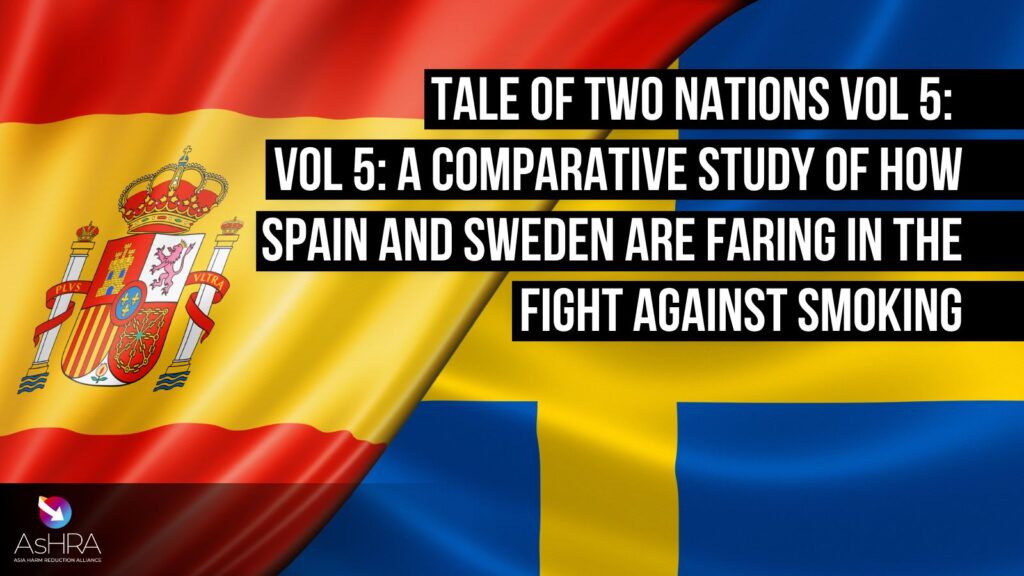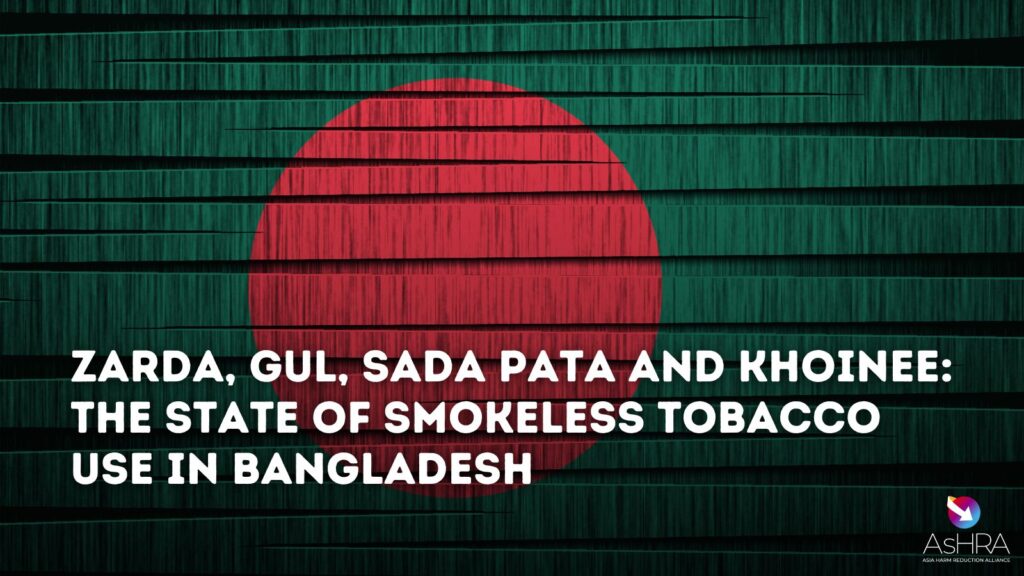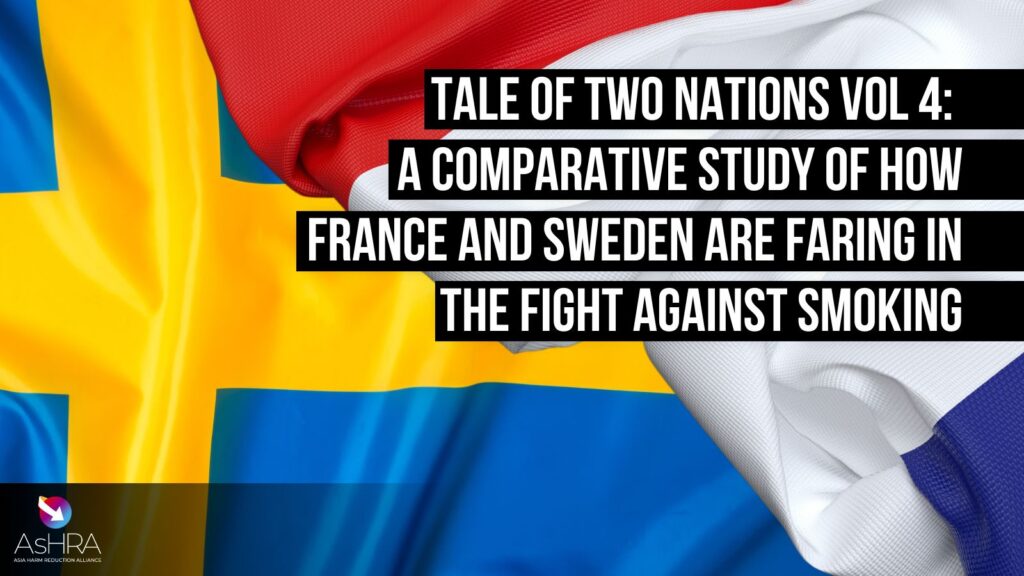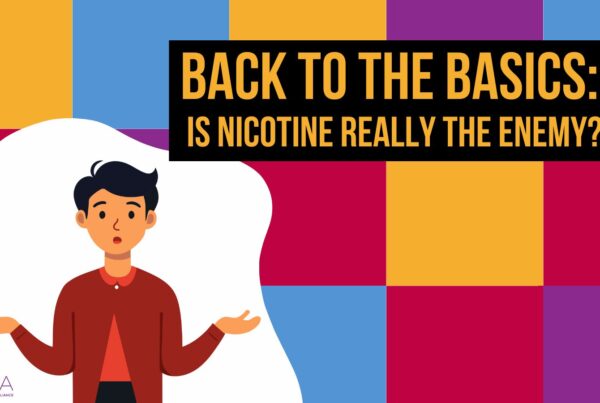Author: Joseph Magero
World Drug Day holds significance for Asia by raising awareness about drug abuse, highlighting regional challenges, promoting treatment and rehabilitation, and encouraging international cooperation.
Observed globally on June 26th each year, it serves as a reminder for governments, organizations, and communities in Asia to work collectively toward preventing drug abuse and reducing the harms associated with illicit drugs.
This year’s campaign’s aim is to raise awareness about the importance of treating people who use drugs with respect and empathy, providing evidence-based, voluntary services for all, offering alternatives to punishment, prioritizing prevention, and leading with compassion. The UNODC recognizes the importance of taking a people-centered approach to drug policies, with a focus on human rights, compassion, and evidence-based practices.
While the ultimate goal of a drug-free Asia may be ambitious, harm reduction strategies can play a crucial role in reducing the harms associated with drug use. It is important to note that harm reduction does not aim to promote or condone drug use but rather focuses on minimizing the harms associated with drug use and supporting individuals to make healthier choices.
The approach focuses on positive change and on working with people without judgment, coercion, discrimination, or requiring that people stop using drugs as a precondition of support. Asia today is the world’s major producer of opiates and precursor chemicals for the production of methamphetamine. It’s also a major center of addiction to these substances.

Unlike in the West, where addiction has long been treated as a medical condition, Asian governments have typically viewed any drug use as a criminal issue. This has led to punitive drug laws that have provided the architecture within which discriminatory policing practices operate.
Today, nearly 500,000 people are detained in the name of drug rehabilitation in East and Southeast Asia in massively overcrowded conditions, facing grave violations of human rights and serious risks to health. The war on drugs is completely counterproductive and has failed.
For Asia, it is crucial to ensure that comprehensive and accessible treatment services are available to those in need. This may involve efforts to strengthen healthcare systems, develop rehabilitation centers, and provide harm-reduction support for individuals. By implementing evidence-based harm reduction strategies alongside prevention, treatment, and law enforcement efforts, Asian countries can work towards reducing drug-related harms and creating healthier communities.
Related Posts
 Time to support Filipino vape law, not relitigate it
Time to support Filipino vape law, not relitigate it
Time to support Filipino vape law, not relitigate it
 Greens’ Plan To Legalise Nicotine Vapes Lauded
Greens’ Plan To Legalise Nicotine Vapes Lauded
Greens’ Plan To Legalise Nicotine Vapes Lauded
 Taiwan Vaping Ban Disappointing For Its Many Smokers
Taiwan Vaping Ban Disappointing For Its Many Smokers
Taiwan Vaping Ban Disappointing For Its Many Smokers
More about
Alcohol Harm Reduction
More about





